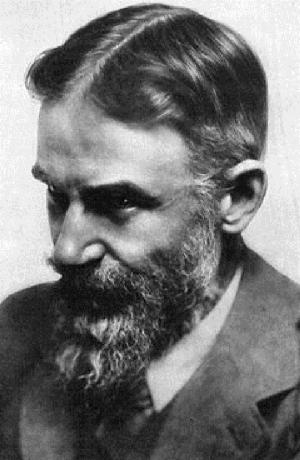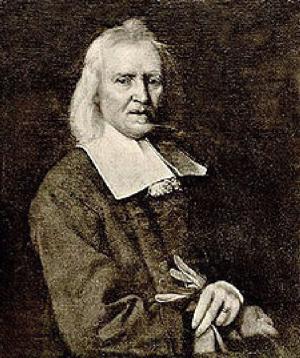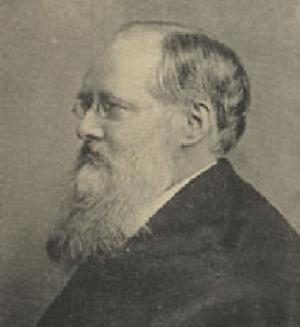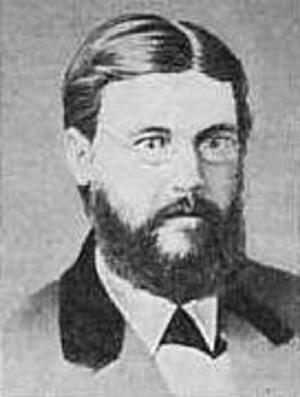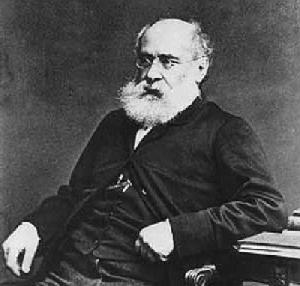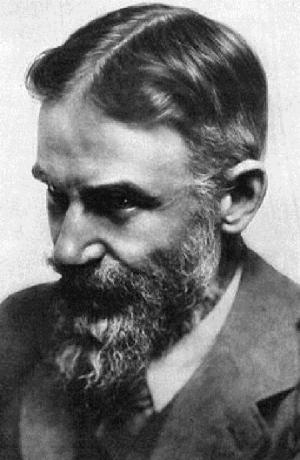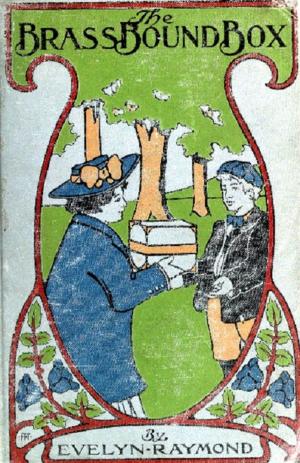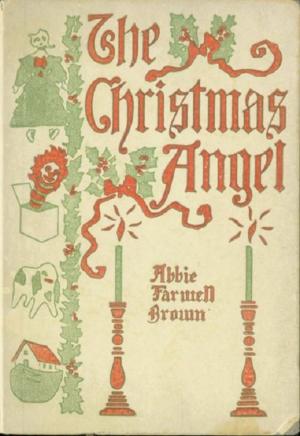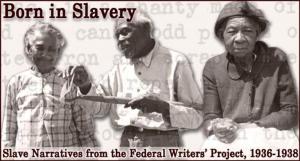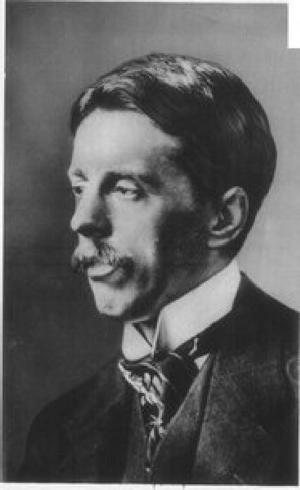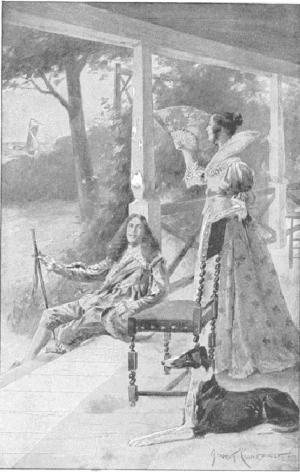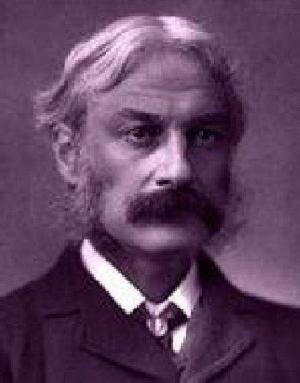The Mate of the Lily, Notes of Harry Musgrave's Log Book
Fiction & Literature, Classics, Kids, Teen, General Fiction, Fiction| Author: | Kingston, W.H.G. | ISBN: | 9781455393978 |
| Publisher: | B&R Samizdat Express | Publication: | June 10, 2015 |
| Imprint: | Quench Editions | Language: | English |
| Author: | Kingston, W.H.G. |
| ISBN: | 9781455393978 |
| Publisher: | B&R Samizdat Express |
| Publication: | June 10, 2015 |
| Imprint: | Quench Editions |
| Language: | English |
This is another book by Kingston on the theme of a youngster whose father has not returned from a voyage at sea, and whose mother therefore is almost destitute, with several younger children to house and feed. Luckily her brother Jack, the Mate of the Lily, is home, and though pledged in marriage, offers to provide for the family, taking the eldest, Harry, with him as an apprentice officer. They are to look for a return cargo in the Java Seas and thereabouts, and use the opportunity, following certain clues, to search for Captain Musgrave and his vessel. There are all sorts of vicissitudes, from storm, volcanoes, grounding, and persistent attacks by the pirates that infest those seas. Needless to say they find him, though practically at the end of his life, from despair. On being found he recovers his spirits, and so is brought home. According to Wikipedia: "William Henry Giles Kingston (28 February 1814 - 5 August 1880), writer of tales for boys, was born in London, but spent much of his youth in Oporto, where his father was a merchant. His first book, The Circassian Chief, appeared in 1844. His first book for boys, Peter the Whaler, was published in 1851, and had such success that he retired from business and devoted himself entirely to the production of this kind of literature, in which his popularity was deservedly great; and during 30 years he wrote upwards of 130 tales, including The Three Midshipmen (1862), The Three Lieutenants (1874), The Three Commanders (1875), The Three Admirals (1877), Digby Heathcote, etc. He also conducted various papers, including The Colonist, and Colonial Magazine and East India Review. He was also interested in emigration, volunteering, and various philanthropic schemes. For services in negotiating a commercial treaty with Portugal he received a Portuguese knighthood, and for his literary labours a Government pension."
This is another book by Kingston on the theme of a youngster whose father has not returned from a voyage at sea, and whose mother therefore is almost destitute, with several younger children to house and feed. Luckily her brother Jack, the Mate of the Lily, is home, and though pledged in marriage, offers to provide for the family, taking the eldest, Harry, with him as an apprentice officer. They are to look for a return cargo in the Java Seas and thereabouts, and use the opportunity, following certain clues, to search for Captain Musgrave and his vessel. There are all sorts of vicissitudes, from storm, volcanoes, grounding, and persistent attacks by the pirates that infest those seas. Needless to say they find him, though practically at the end of his life, from despair. On being found he recovers his spirits, and so is brought home. According to Wikipedia: "William Henry Giles Kingston (28 February 1814 - 5 August 1880), writer of tales for boys, was born in London, but spent much of his youth in Oporto, where his father was a merchant. His first book, The Circassian Chief, appeared in 1844. His first book for boys, Peter the Whaler, was published in 1851, and had such success that he retired from business and devoted himself entirely to the production of this kind of literature, in which his popularity was deservedly great; and during 30 years he wrote upwards of 130 tales, including The Three Midshipmen (1862), The Three Lieutenants (1874), The Three Commanders (1875), The Three Admirals (1877), Digby Heathcote, etc. He also conducted various papers, including The Colonist, and Colonial Magazine and East India Review. He was also interested in emigration, volunteering, and various philanthropic schemes. For services in negotiating a commercial treaty with Portugal he received a Portuguese knighthood, and for his literary labours a Government pension."

